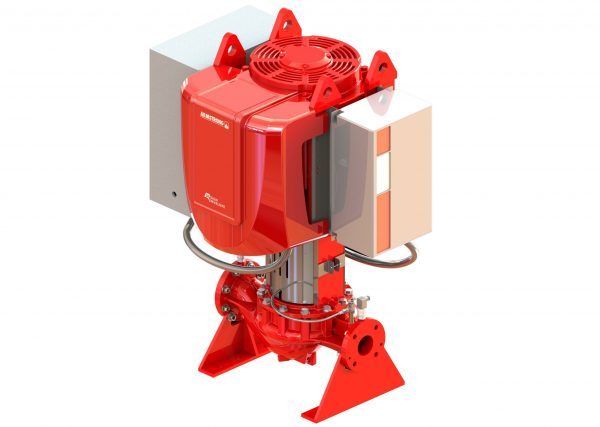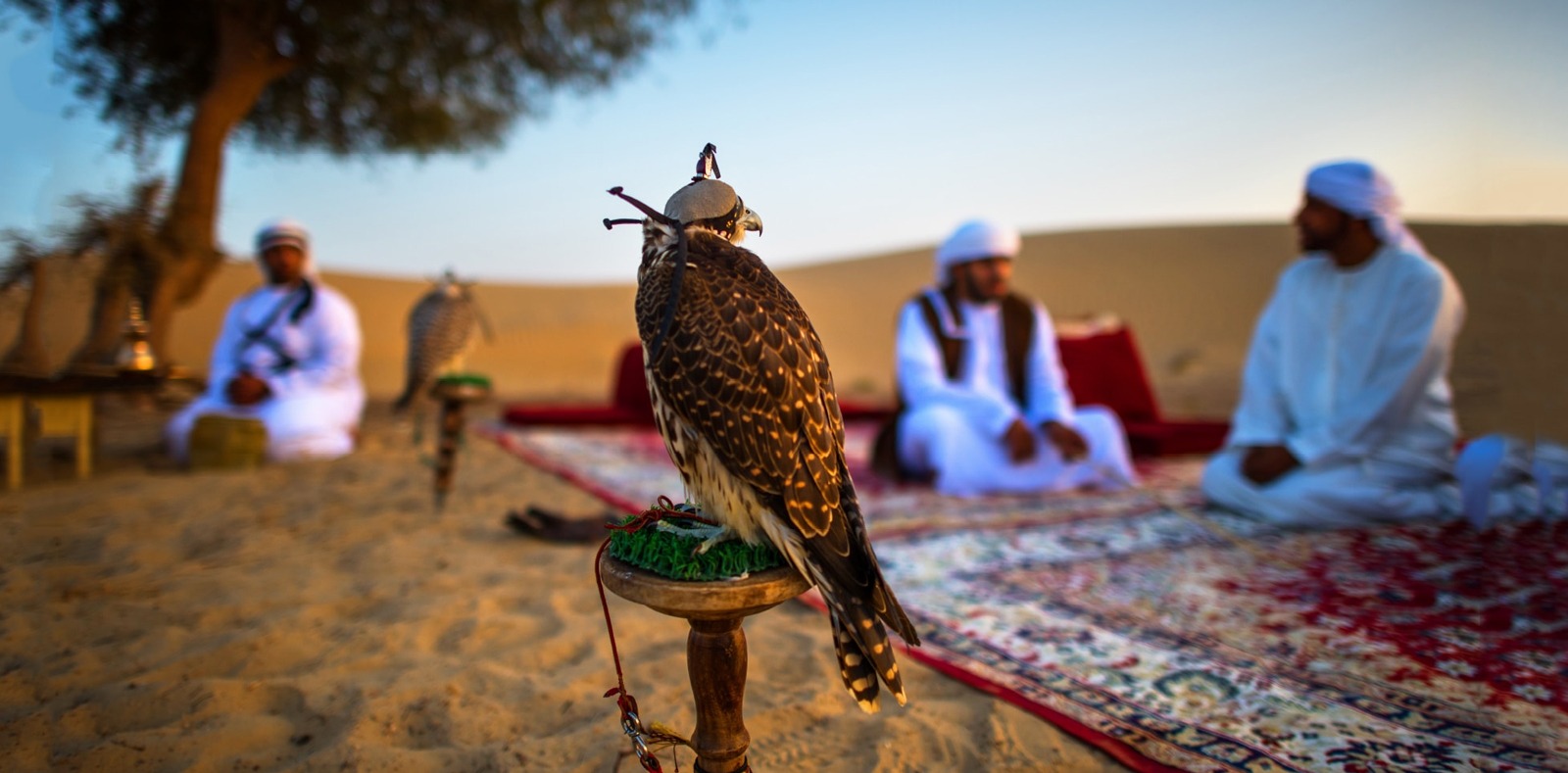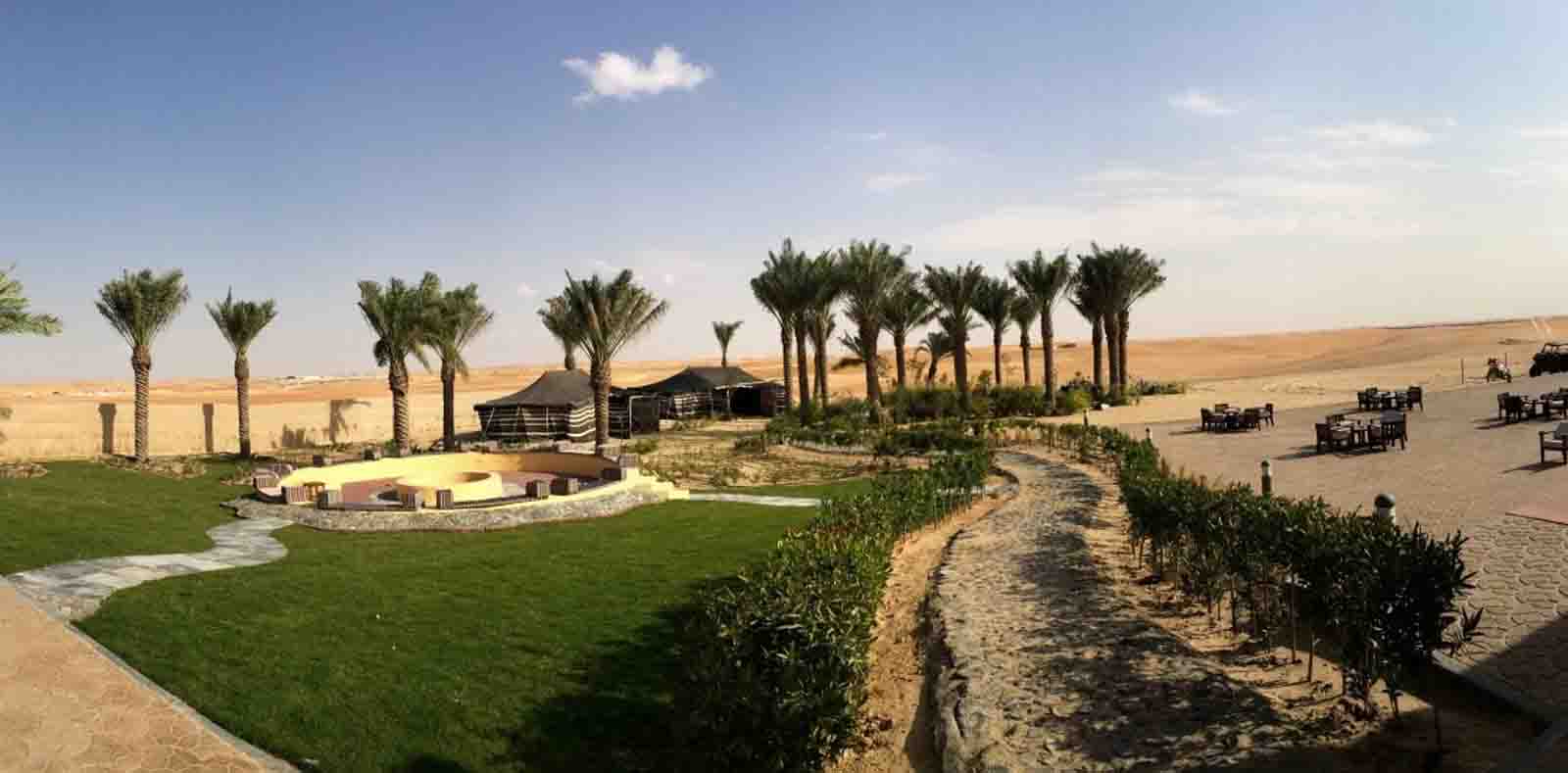We Can All Be Eco-heroes
Interviews

March 7, 2019, 6:16 am
Colette Barr graduated from Strathclyde University in Glasgow with an Honours Law Degree before being selected to work for a Big Four firm. After 8 years in International Trade Consultancy, Colette worked in the Oil & Gas industry for 10 years, in numerous challenging projects internationally and across the Middle East. Her most recent role involved devising a company-wide Corporate Social Responsibility strategy for Kurdistan. Colette has decided to follow her passion for environmental protection to launch the Eco-heroes book series and Save Our World, an initiative aiming to raise awareness of environmental issues and empowering people to make a difference through making positive choices to help the planet everyday – starting in the Middle East.
What was the inspiration for “The Eco Heroes”?
Colette Barr (CB): I’ve always been very passionate about the environment and never really done much about it. I worked in a corporate organisation for a very long time and I followed a career path, instead of my gut and my heart, and I decided eventually I can’t do that anymore. I really wanted to do something to give back and get some sort of self-satisfaction from it. Living in the UAE for the past eight years, I realised we don’t get the same environmental education and awareness training, as it happens in Europe or other Western countries, that are more mature. UAE and Gulf countries are quite new in terms of the infrastructure. I thought that maybe the children living would benefit from awareness training for their environment.
What insights can you share about the books?
CB: The first one, The Eco-heroes “Recycling Trip Trouble” was launched in October 2018. The second one came out in February, and the topic is food waste. The book follows the journey of food sourcing, preparation, eating, sharing and saving. The message that comes through it is quite clear, even though it’s quite silly, for children, obviously. The third book was out end of April, focused on plastic pollution. The last two are on alternative energies and water conservation. Each character has an eco-power to inspire children to believe they can actually make a difference through the choices they make. Each Eco-hero is the main character of each book.
How did you choose the five topics of the series?
CB: I looked up the main environmental issues decided which are really key. Recycling is not a solution, but it is a very important step to start and it’s something really easy anyone can do on a daily basis. The key message I wanted children to understand is that they can do it as well. Obviously, there’s a bit more to the other ones.
What are the 3 top things you’d like children to remember or learn from reading the book?
CB: I wanted children to learn about the different key messages about food, the five parts of the process (sourcing, preparation, eating, sharing and saving), to not give into the throw-away consumer culture. Their actions have impact and they can make a difference through what they do by making choices. By getting involved in cooking, for example, they can actually really improve their wellbeing and, also, help the environment.
What was the feedback you received from children, parents, teachers?
CB: All really positive, really fantastic. In the run up to the second book, I actually got more interest, especially since we are hearing a lot about food waste. We need to start doing something about it and this is an action towards that, through awareness. Everyone has been really positive, and it’s exciting, and I’ve seen more people approaching me now.
What is the response to the Save Our World platform? What are the most popular activities?
CB: The response has been really good. I think people are quite keen to find out what’s happening after Eco Heroes, which is the first project of the Save Our World initiative. I want to expand and do something else, and there is a lot we can do with Eco Heroes: take the message into other Emirates, GCC countries, Expo 2020, municipalities, enhance it through eco-friendly and recyclable merchandise. We are self-published, and self-funded at this point and I think people were pleasantly surprised we’ve actually done this, the feedback has been generally really positive.
How responsive is the younger generation to the theme of protecting the environment?
CB: They are very responsive. They are very keen to know, very willing to learn. Kids are enthralled by our videos and the interactive activities. Even the older children are really into about learning the UN Sustainable Development Goals, they like to think that what they, the country and the world are doing has a major impact.
How did your experience in working in the oil and gas industry influence your current work?
CB: One of the companies that I worked for a very long time had very high standards in terms of giving back and really did a lot of mitigating things, which really opened my eyes to what I can do for communities, for the environment. Another company that I worked for was not as caring for the environment and that really upset me, because I cannot work for a company that’s like that. For them, it was a box checking exercise as opposed to really having a moral, ethical belief that it is important to give something back. I left.
Throughout my corporate experience, I’ve realised that countries that are not developed need help with the infrastructure, risk management, education. They need to be empowered and be able to do things. I really enjoyed the corporate social responsibility in my previous roles. I liked that because it allows countries and communities to take ownership and really take care of themselves.
That is why the books are in Arabic as well, I want the local children to read them and feel empowered by them because it’s their country – I am not here to tell them what to do. They need to understand things related to their own culture, to their own country, their own environment and then believe in themselves that they can do something about it. This is the way my previous roles have shaped my belief in what can be done by the communities.
What can be done to educate adults regarding protecting the environment? What would be the top 3 messages you would share with those who do not believe in climate change?
CB: Look at the facts, climate change is real, it’s happening faster than we ever thought it was possible. It’s scary and something does need to be done. Evaluate the lifestyle and the consumerism habits, at the daily waste that is being produced, and what is being thrown away, and think about how that can be reused again. Think of giving your children opportunities, for the future, empower them to do something different and shape their own way. I would encourage adults not to put our bad habits on them, let them decide for themselves and let them go forward with an open mind about healing the environment, and most importantly, be kind.










